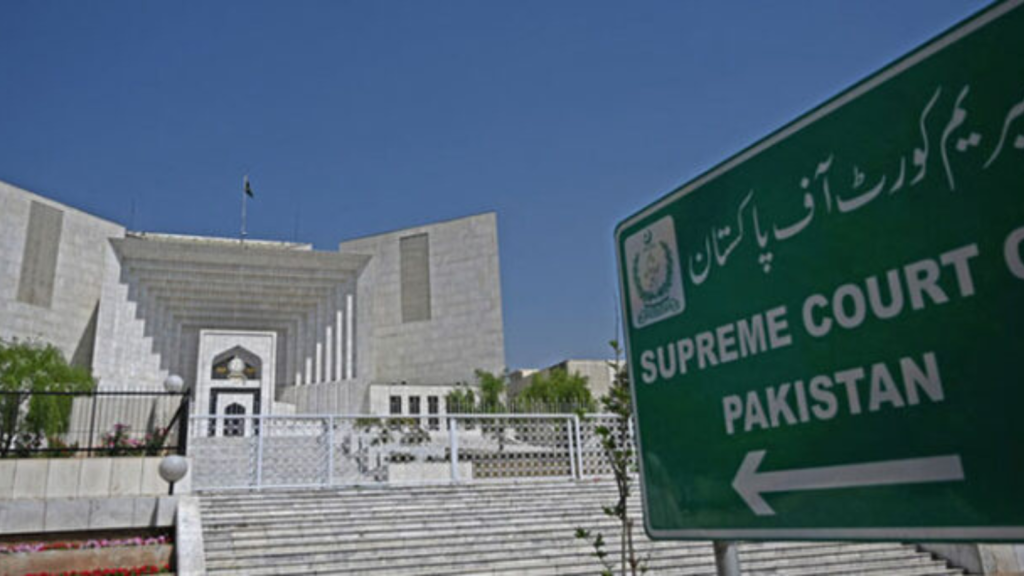A heated discussion has been taking place over the recently approved 26th Constitutional Amendment by the National Assembly and Senate. The matter is challenged in the Pakistan Supreme Court and also in Sindh High Court.
A citizen, Muhammad Anas, moved the Supreme Court through his counsel, Adnan Khan, by a petition. According to the petition, this amendment impinges on judicial independence as it voluntarily permits Parliament to have a say in matters that should be reserved exclusively for the judiciary. The petitioners ask the court to declare the amendment null and void.
Advocate Elahi Bakhsh had also filed an identical petition before the Sindh High Court. He says the amendment puts at stake one of the cornerstones of democracy, which is judicial independence. The main grievance, of course, is the proposed alteration in the procedure for appointing Supreme Court judges, including Chief Justice.
Should the new law prevail, then instead of having the most senior judge automatically elevated, it will be determined by a 12-member commission comprising both lower and upper chambers members. Critics say that the changes mean a bigger role for executives in influencing judges.
There are also the provisions on constitution benches and the conduct of judges to evaluate their performance and fitness—aall these previous amendments, as you have shown in Article 224 A, which sits again, but now it is so controversial. The changes have led to gray clouds over whether the judiciary will continue to be free of political invervention.
The 26th Amendment saw heavy debate in Congress prior to its ratification. Apparently, when Pakistan People’s Party Chairman Bilawal Bhutto-Zardari approached the opposition leader Maulana Fazlur Rehman,That was the turning point where he had agreed for amendment.” In the end, however, it passed with a two-thirds majority in both houses of Parliament and received the president’s assent.
A wider debate on this amendment mirrors larger questions of power between the judiciary and executive in Pakistan. The Supreme Court and Sindh High Court will now decide whether the amendment stands or falls.
Read More News Here: https://behindthecurtain.blog/naima-butt-reveals-shes-single-but-not-open-to-any-relationships/













